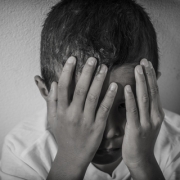
Article at a Glance Be aware of the signs of child abuse and be ready to take a stand. If you feel overwhelmed with parenting, talk to your pediatrician about available resources. Carefully screen and get to know the people who interact with your children. Educate your child on how to respond to and report … Continue reading “Child abuse – reducing the risk”
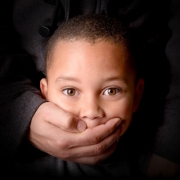
Article at a Glance Signs of child abuse include unexplained injuries, depression, anxiety, disinterest, and developmental regression. If you think that a child is being abused, contact the police or local child protective agency right away. If a child discloses abuse, let the child know that you are listening and that you believe him or … Continue reading “Would you recognize child abuse?”
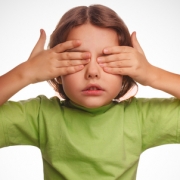
Article at a Glance Over 3 million cases of neglect and child abuse are reported each year involving more than 6 million children. Victims of abuse spend a lifetime battling problems like depression, substance abuse, and other emotional issues and mental disorders. Child abuse is likely to go unreported, so it is important for concerned … Continue reading “Child abuse – a hidden epidemic”
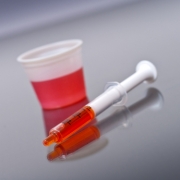
Article at a Glance
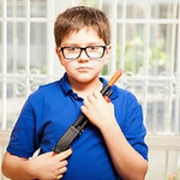
Article at a Glance
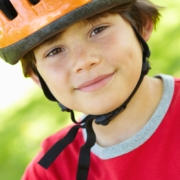
Article at a Glance
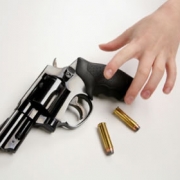
Article at a Glance
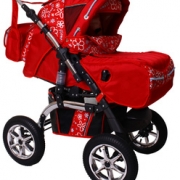
Article at a Glance
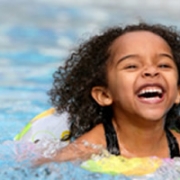
Article at a Glance
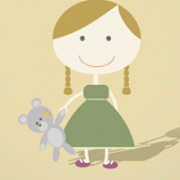
Article at a Glance